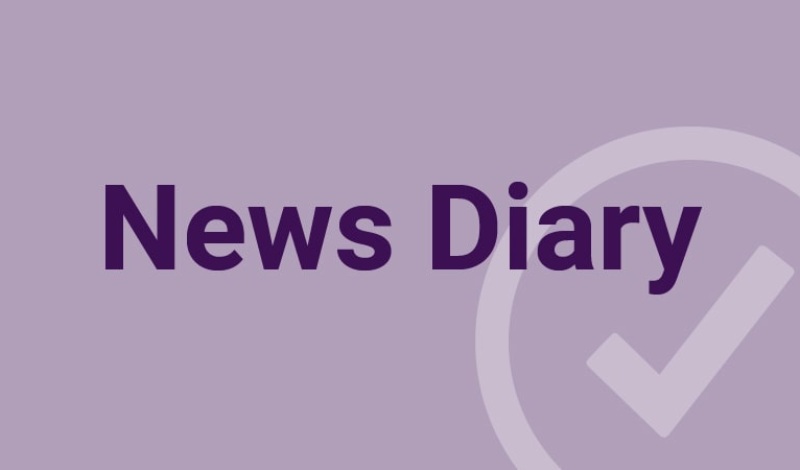
Listening guide: “Opinion creep: How facts lost ground in the battle for our attention”
Discussion questions, vocabulary and classroom activities to help you teach about how to differentiate between news and the views
Listening guides are designed to support educators in using NLP’s Is that a fact? podcast in the classroom by providing discussion questions, time-stamped episode outlines and classroom activities. Is that a fact? informs listeners about news literacy issues that affect their lives through informative conversations with experts working to combat misinformation. To listen to episodes, read episode descriptions, explore related links or view transcripts, please visit newslit.org/podcast/.
In Season 3 Episode 3 “Flagrant foul: Misinformation and sports” guest host Jake Lloyd digs into how misinformation manifests in the sports world with author and journalist Jemele Hill, a contributing writer for The Atlantic and host of the Spotify podcast Jemele Hill is Unbothered. Hill discusses not only how sports falsehoods spread, but also how the nature of sports reporting makes it more resistant to manipulation than news coverage.
Discussion questions, vocabulary and classroom activities to help you teach about how to differentiate between news and the views


Student voices are catalysts for positive change in schools and communities. You can empower them to be well-informed and


Elections are the lifeblood of democracy, but political campaigns are often rancorous, controversial and polarizing events. As if the


In this classroom activity, students determine whether three examples of news articles are AI-generated or written by journalists.


In this activity, students will commit to following daily news coverage from a credible, standards-based news organization for a



